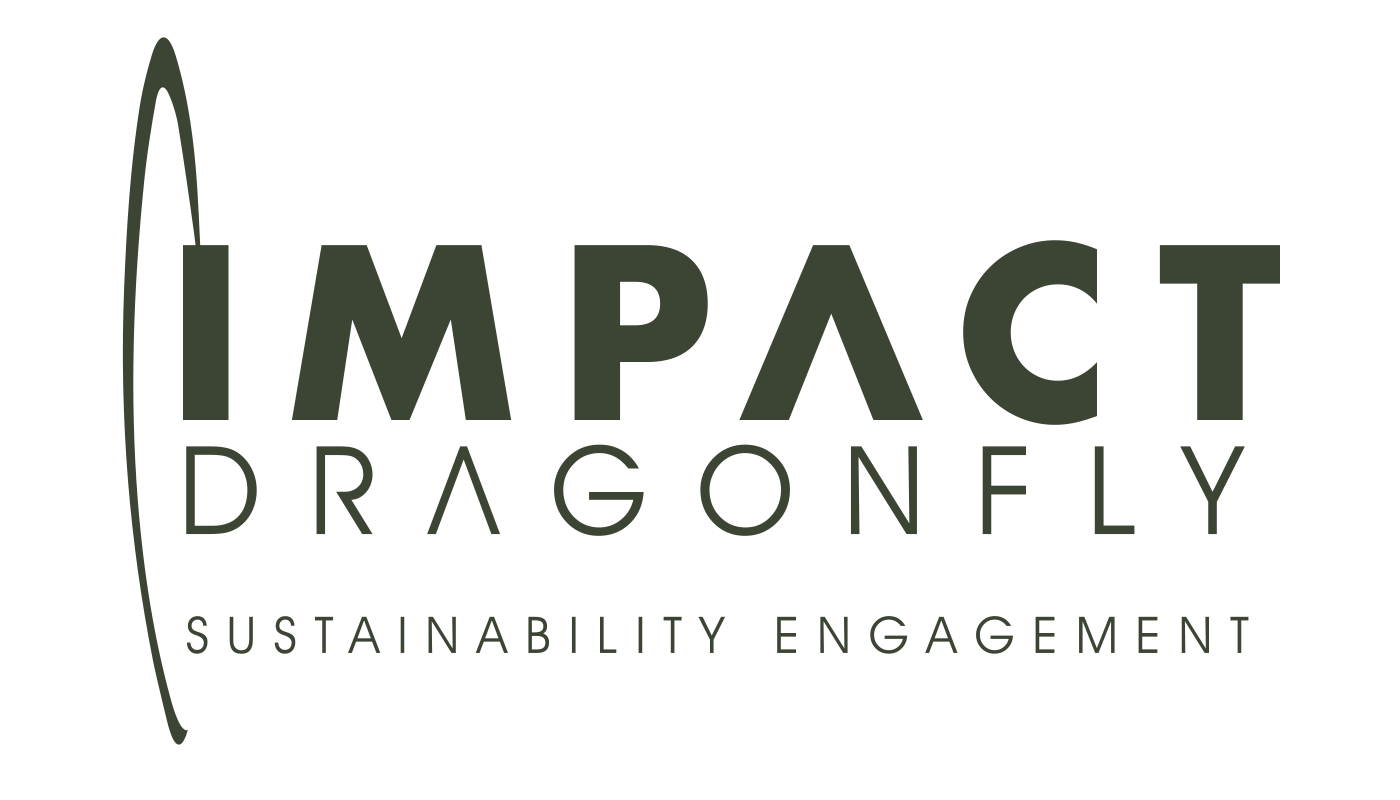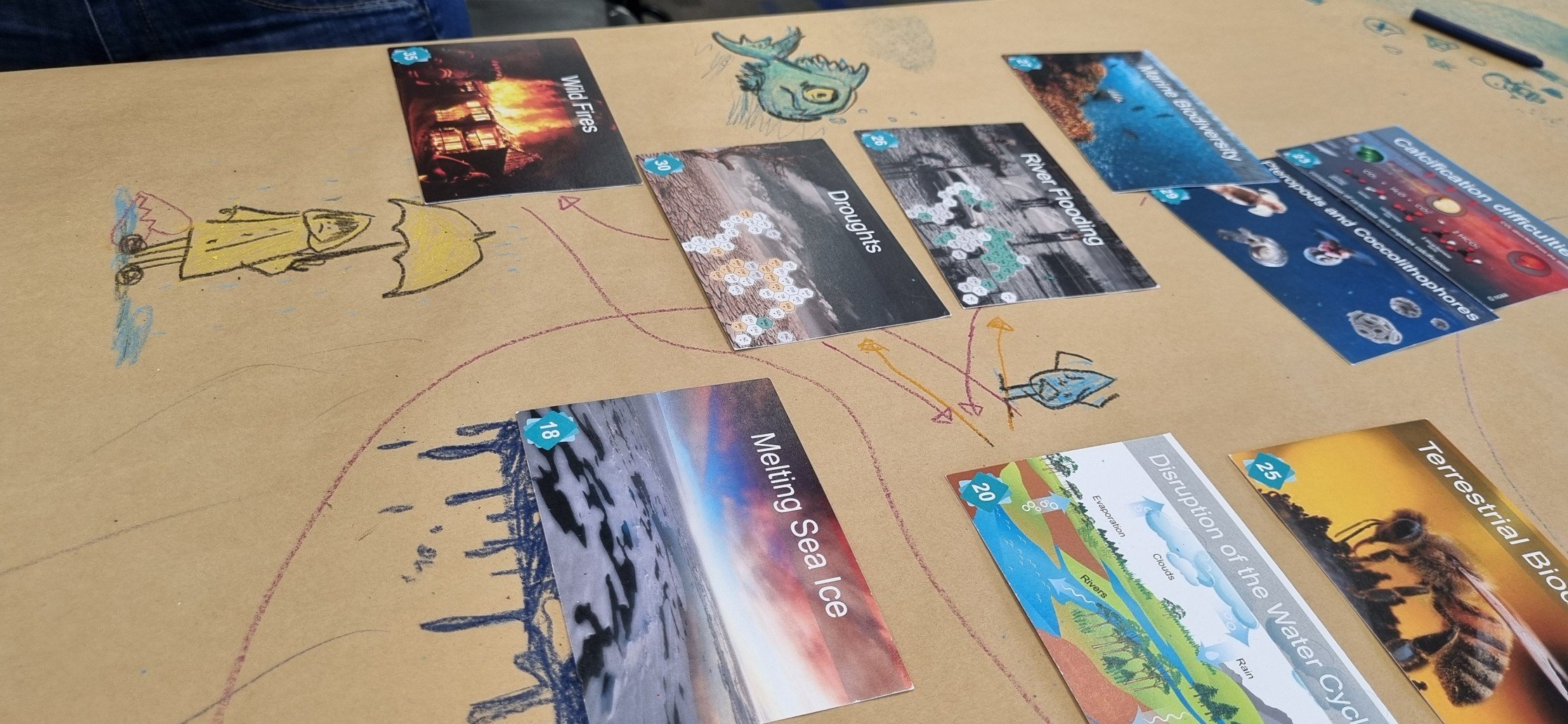Climate Literacy: Why It Matters and Why Governments Should Prioritise It
Climate change is one of the most pressing challenges of our time, with impacts that reach every corner of the globe. Yet, understanding the complexities of climate change is not something that happens automatically. It requires education, awareness, and engagement—collectively known as climate literacy. But why is climate literacy so important, who benefits from it, and why should governments be the champions of this crucial initiative? Let's explore these questions.
What is Climate Literacy?
Climate literacy refers to an understanding of climate science, the ability to communicate about climate change, and the capacity to make informed decisions that contribute to climate solutions. It encompasses knowledge about how human activities affect the climate, the impacts of climate change, and the actions that can mitigate these effects.
Why is Climate Literacy Important?
Empowering Informed Decisions: Climate literacy equips individuals and communities with the knowledge needed to make informed decisions about their actions and policies. From voting for climate-friendly leaders to adopting sustainable practices in everyday life, climate-literate people are better positioned to contribute to meaningful change.
Driving Behavioural Change: Understanding the consequences of climate change can motivate people to change their behaviour. When individuals are aware of how their choices—such as energy use, transportation, and consumption—impact the environment, they are more likely to adopt sustainable habits.
Supporting Innovation and Solutions: Climate literacy fosters a generation of problem solvers and innovators. When people understand the science and implications of climate change, they are more likely to develop and support technologies and practices that reduce carbon emissions, conserve resources, and protect ecosystems.
Who is Climate Literacy Important For?
Individuals and Communities: Everyone, regardless of age or profession, can benefit from climate literacy. It enables people to understand how climate change affects their lives and empowers them to take actions that contribute to a healthier planet.
Educators and Students: Schools and universities play a critical role in fostering climate literacy. Educators can incorporate climate science into their curricula, helping students understand the urgency of the issue and encouraging them to become advocates for change.
Businesses and Organisations: Companies and organisations can leverage climate literacy to enhance their sustainability efforts. Employees who understand the importance of reducing carbon footprints can drive initiatives that lead to more sustainable business practices, which in turn can improve the company’s reputation and bottom line.
Policymakers and Government Officials: For those in positions of power, climate literacy is essential to crafting effective policies that address the root causes of climate change. Knowledgeable leaders can create legislation that promotes renewable energy, reduces greenhouse gas emissions, and protects vulnerable communities.
Why Should Governments Get Behind Climate Literacy?
National and Global Resilience: Governments that prioritise climate literacy are better equipped to prepare their citizens for the impacts of climate change. By promoting education and awareness, they can build more resilient communities that are capable of adapting to and mitigating the effects of climate change.
Fostering Economic Growth: Climate literacy can drive economic growth by promoting green jobs and sustainable industries. Governments that invest in climate education are likely to see a rise in innovation, leading to new technologies and markets that benefit both the economy and the environment.
Meeting International Commitments: Many governments have committed to international climate agreements, such as the Paris Agreement. Climate literacy is a key component in achieving these commitments, as it enables citizens to understand the importance of these goals and encourages them to support the necessary policies.
Ensuring Equitable Climate Action: Climate change disproportionately affects vulnerable populations. By promoting climate literacy, governments can ensure that all citizens, regardless of their socioeconomic status, have the knowledge and tools to protect themselves and contribute to climate solutions.
Becoming More Climate Literate with Impact Dragonfly
Becoming more climate literate isn't just a personal journey; it's a critical step towards creating a sustainable future for all. At Impact Dragonfly, we believe that everyone has the power to make a difference, and it starts with understanding the issues at hand. By engaging with our resources and programs, you can deepen your knowledge of climate change, learn practical ways to reduce your carbon footprint, and become an advocate for impactful change in your community. Together, we can turn awareness into action and help shape a world where sustainability isn't just an option—it's the standard. Let's take the first step towards climate literacy, and through it, contribute to a healthier planet for future generations.
Grade 10’s understanding their role in Cimate action
Getting creative to ensure the message sticks
Building on the student capbility to ensure we create an action focussed workforce of the future.



